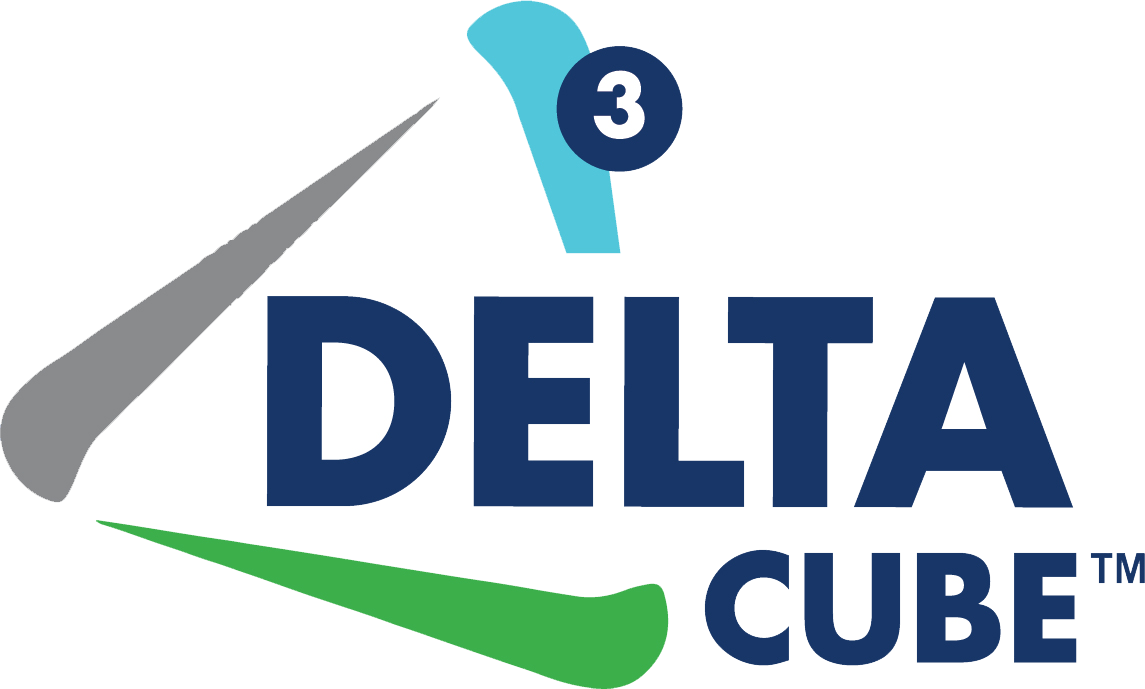The Right Container Closure System from the Beginning
Have you ever faced the need to identify a primary package for your drug product, but do not know where to start? Are you faced with tight timelines and component data constraints when evaluating stoppers, seals, and vials for container closure systems (CCS)? Do you need the right data for regulatory filing to support the choice of CCS for your drug product?
![]()

If you said yes to any of these questions, West Pharmaceutical Services, Inc. (“West”) can help! West has developed the DeltaCube™ Modeling Platform to address these questions and mitigate issues during the early phase of your stopper, seal, and vial selection. The DeltaCube™ Modeling Platform is an online, subscription-based, modeling tool that provides a data-driven systems approach to guide component selection. Using real dimensional data captured at the individual part level, not general engineering specifications or summary statistics such as averages and variances, the DeltaCube™ Modeling Platform can rapidly evaluate multiple sets of stoppers, seals, and vials at one time over a range of stopper compressions to select optimal CCS components.
The pharmaceutical and biotech industries face many challenges when selecting the appropriate stopper, seal, and vial combination for a drug product. It is important to understand the parameters that can affect which stopper, seal, and vial are selected for a CCS in order to minimize container closure integrity(CCI) issues, which put a CCS at risk for sterility problems. The DeltaCube™ Modeling Platform currently focuses on dimensional fit, computing at any desired stopper compression the amount of metal available to crimp. This is known as the seal skirt overhang length (SSOL). Based on the SSOL range and compression selected, a rapid evaluation of up to four combinations of stopper, seal, and vial can be made at one time. Additionally, as West has seen many times, assuming that a CCS used for a previous drug product will work for a new drug product can be a risky decision, especially when each drug product has very different storage conditions. The DeltaCube™ Modeling Platform can help here as well, computing the probability of maintaining the necessary SSOL range once the proper compression to maintain CCI has been identified.
One important aspect of understanding CCS components is to work with your supplier and collect as much information as possible to aid stopper, seal, and vial selection. But how do you get this information, and how much are they willing to share? Relying on limited data sets, such as only those provided in component drawings, is risky. Drawings are limited in scope, displaying product specifications, but not real manufacturing data, and may not be a true representation of the component dimensional trends. Traditional stack-tolerance analyses, based on product drawings and engineering specifications, typically reveal one or more of the evaluated CCSs failing to meet the desired SSOL. Without the ability to quantify or estimate the probability of failing to meet the required SSOL range, it is difficult to properly gauge the risk associated with a CCS. The result is generally unexplained spikes in rejects over time, leading to potential destruction of finished product and lost revenue despite all CCS components being within specification.
Previously, there was no way to distinguish between components with the same specifications, leading to trial-and-error approaches which were time consuming and costly. With the DeltaCube™ Modeling Platform, you can quantify the risk of failing to meet a desired SSOL range for any combination of stopper, seal, and vial. This is done using a combination of West’s historical product data for each recommended component, as well as your own imported dimensional data. By using real data, the minor differences between similar CCS components for an individual drug product can be captured and properly evaluated to identify potential problems before they occur.
The DeltaCube™ Modeling Platform, through a big data systems approach, was developed to reduce risk, accelerate development, and reduce the need for rework. The tool incorporates West's 95+ years of containment experience in addition to historical stopper and seal dimensional data. The DeltaCube™ Modeling Platform also allows subscribers to upload their own component dimensional data, enabling transparent and informed decision making. Moreover, West component data is continually updated through its Quality Management Systems, ensuring that the most up-to-date data and statistical distributions are always available for all West recommended components.
West also provides support through testing services such as dimensional analysis, packaging material characterization, engineering fill-finish capabilities evaluation, residual seal force testing, and CCI testing, to name a few.
By using the DeltaCube™ Modeling Platform you can make a faster decision on the best container closure system, allowing you to reduce the number of CCSs you need to test and reducing your process development timelines. In better understanding your components’ variabilities and the system fit, you reduce the chance of rework due to those variabilities. In addition, by using the DeltaCube™ Modeling Platform's unique snapshot-in-time approach for evaluating components, it is possible to compare component dimensional data over time, which can be used to anticipate and prevent spikes in product reject rates.
Click here to learn more about West's new DeltaCube™ Modeling Platform and how it can help you select the right CCS for your drug product, reduce process development timelines, mitigate risk, and provide supporting data for your regulatory submission!
DeltaCube is a trademark of West Pharmaceutical Services, Inc.




